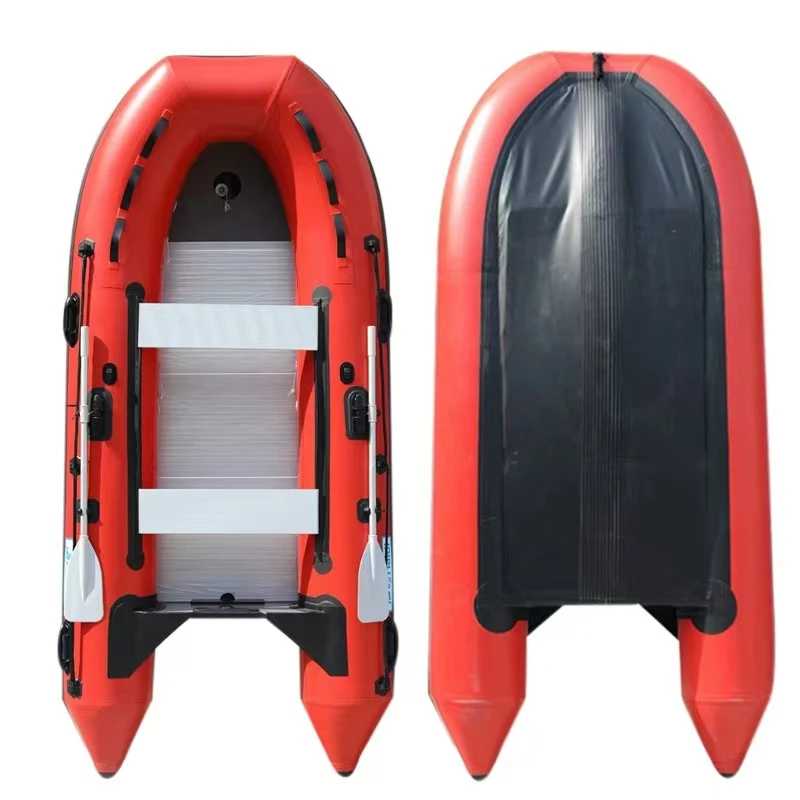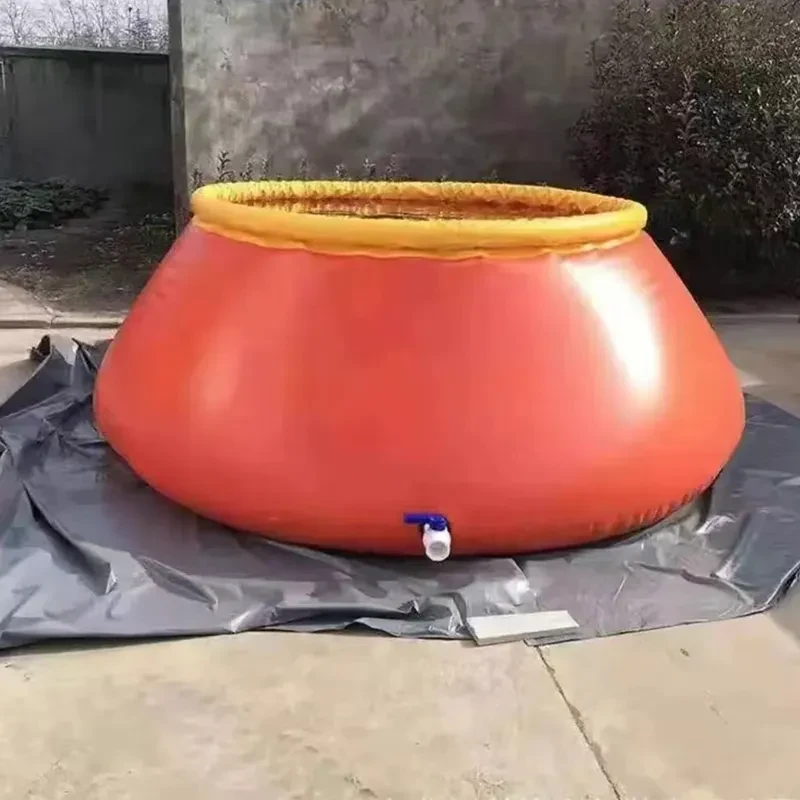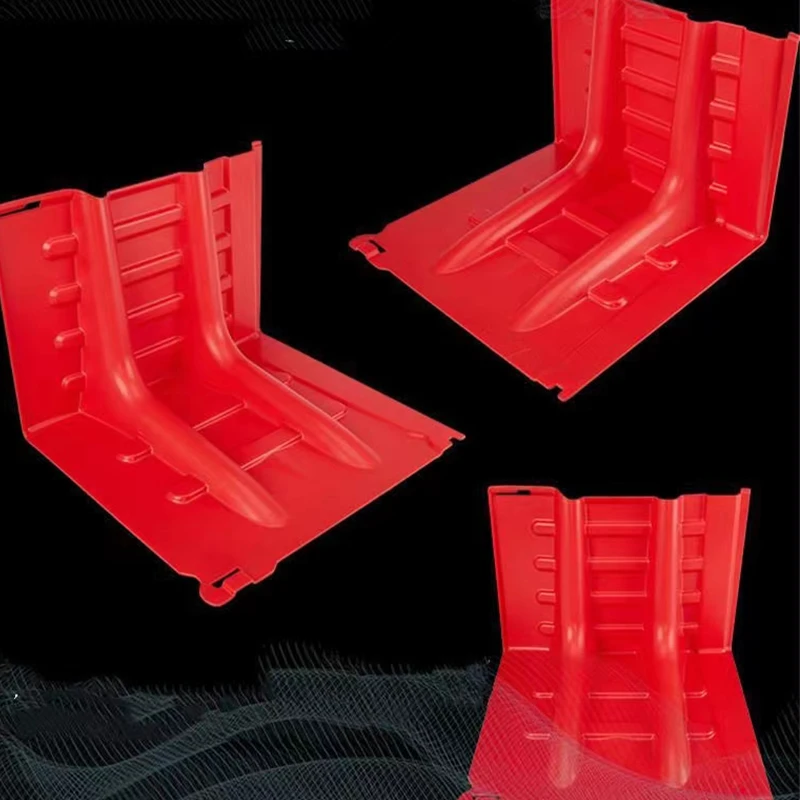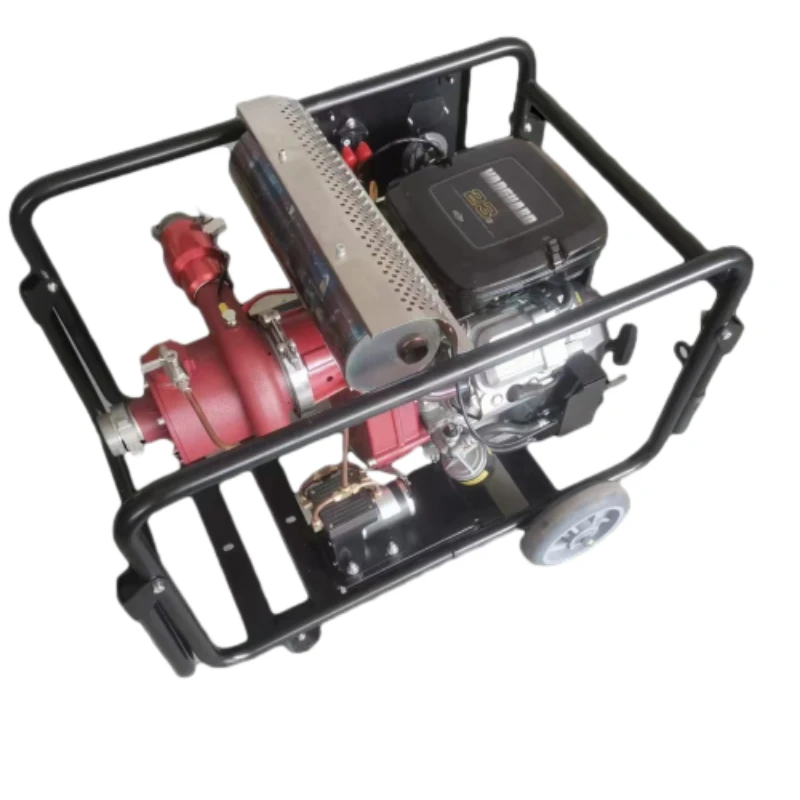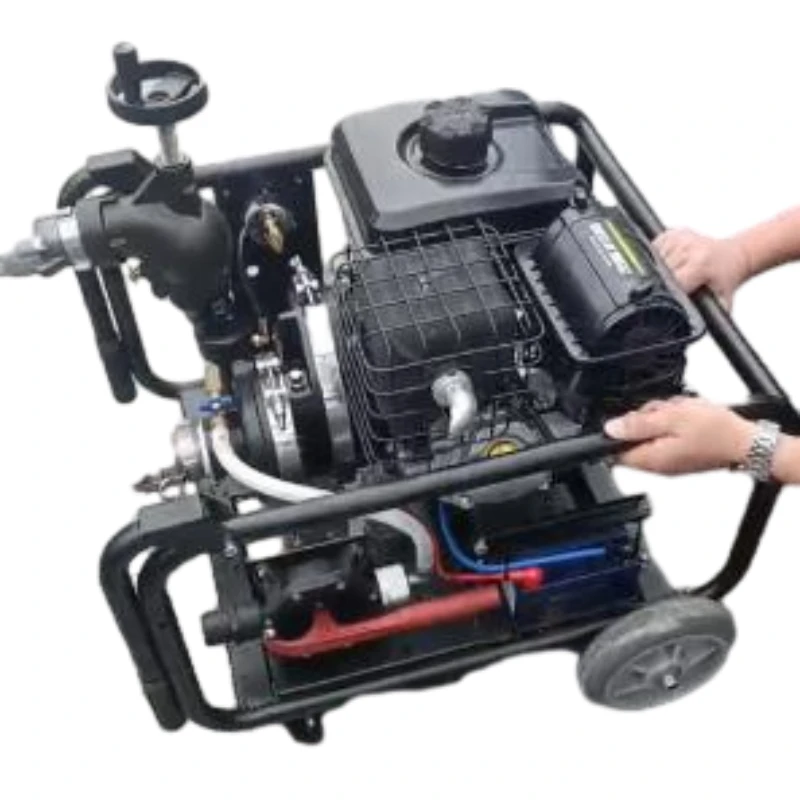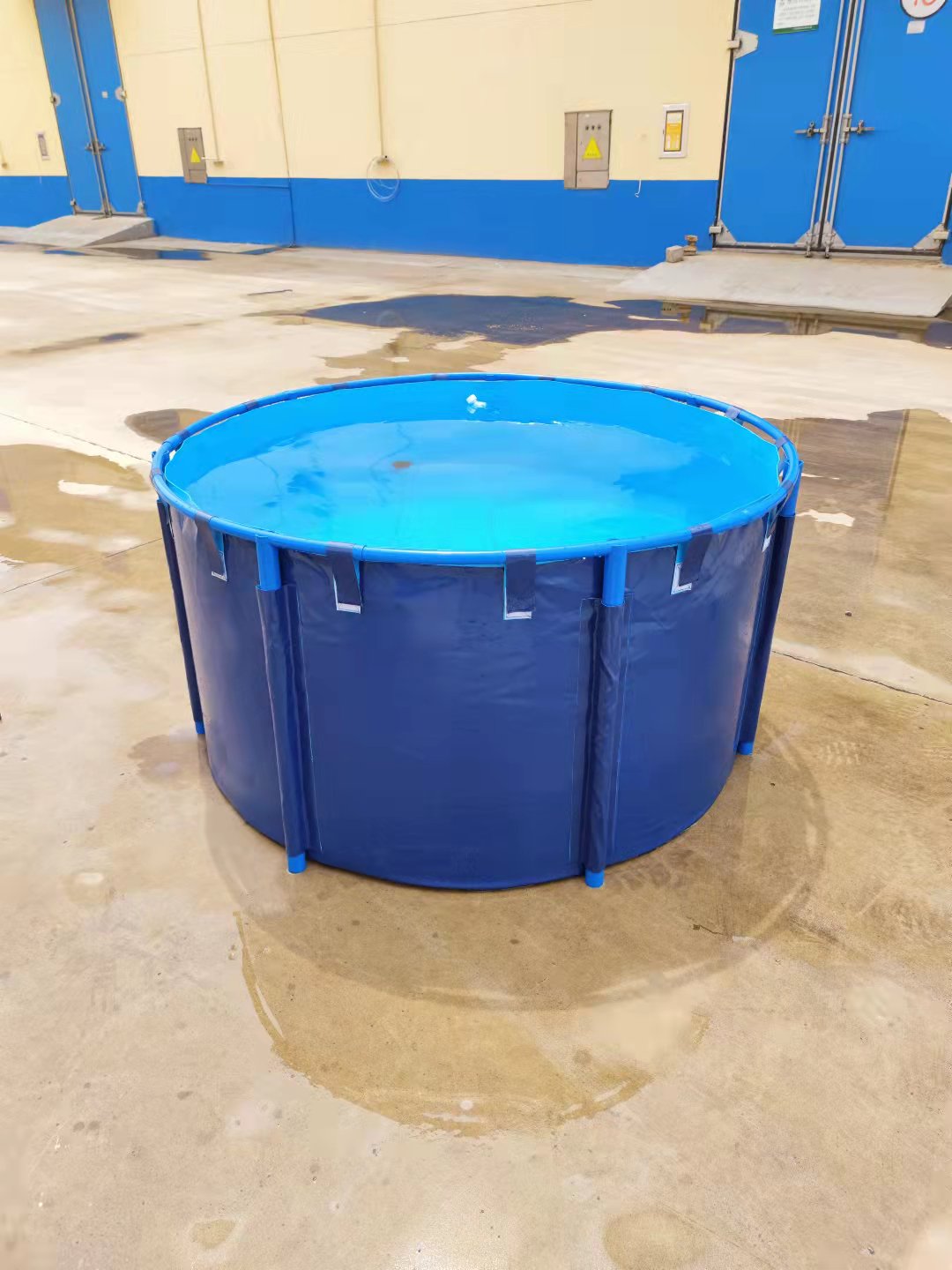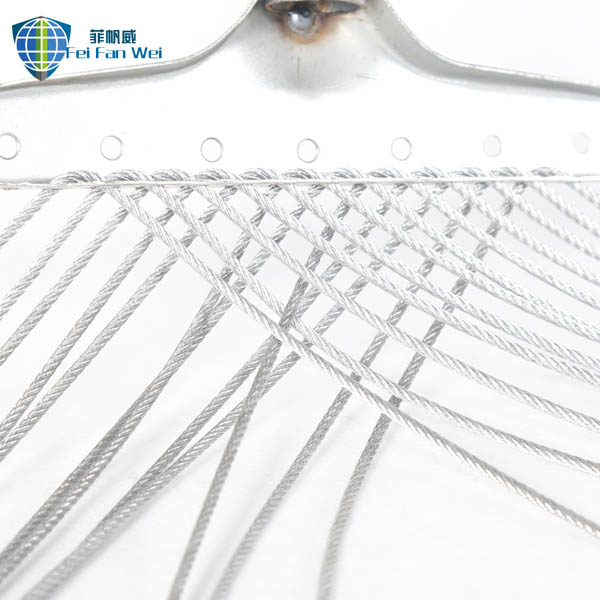Field Notes on the Manual Backpack hand sprayer
I’ve tested enough hand pumps to know the difference between a good day on the fire line and a frustrating one. This unit—made in No.118 Youyi Street, Xinhua Dist., Shijiazhuang City, Hebei Province, China—leans into the simple truth: if the pump, seals, and shoulder fit are right, crews actually use it. If not, it sits in a truck box until the next inspection, which is… not ideal.
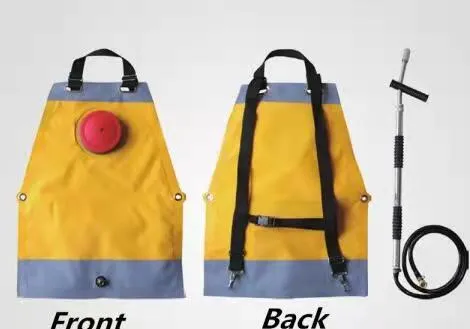
What’s trending in 2025
Two shifts are obvious: agencies want durable HDPE tanks with Viton or FKM seals (for mixed-wet agents), and they want real spray reach without fatigue. To be honest, serviceability is back in style—replaceable pistons and standard O-rings beat proprietary parts every time.
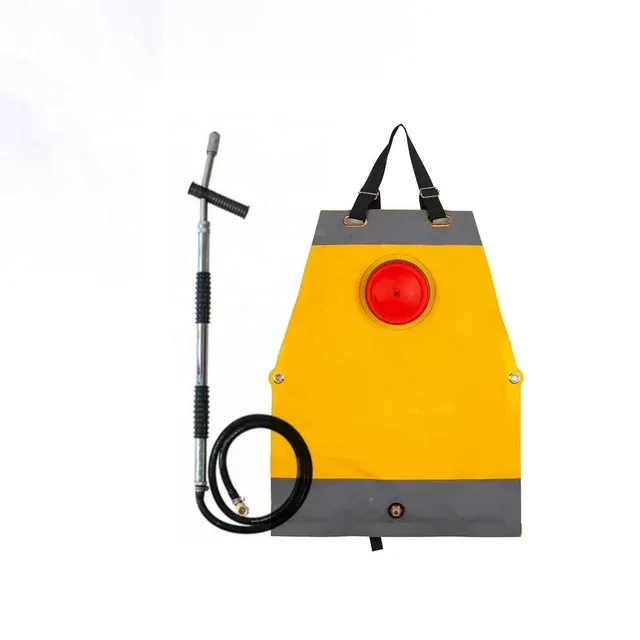
Key specifications (shop-floor truth)
| Capacity | ≥16 L (usable ≈15–16.5 L in real-world use) |
| Spray range | ≥10 m (straight stream); fan/scatter adjustable by hand-pump cadence |
| Best extinguishing distance | 2–3 m for mop-up and hotspots |
| Pump & seals | Manual piston, brass/SS rod; Viton/FKM seals for heat/chemical resistance |
| Tank material | Impact-resistant HDPE, shoulder-contoured |
| Working pressure | ≈0.25–0.4 MPa (hand rate dependent); hydro-test ≥0.5 MPa |
| Weight (empty) | ≈4.5–5.5 kg, depending on hose/nozzle set |
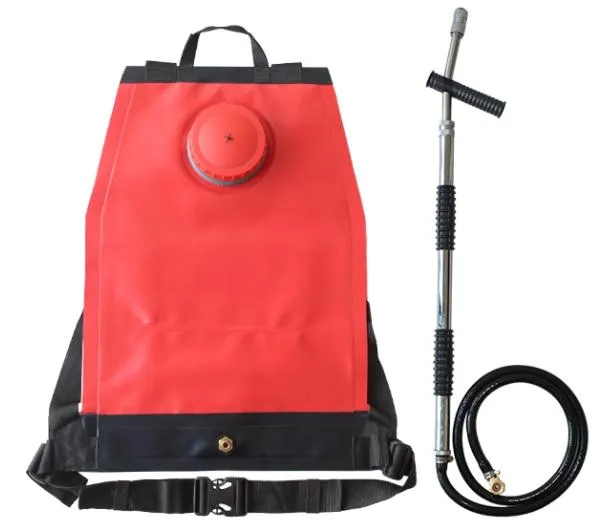
Applications and advantages
- Wildland and interface mop-up; parks and estates maintenance; construction hot-work standby; agriculture windbreak fires.
- Continuous stream without interruption—less “pause-pump-pause” fatigue, more water on target.
- Low-resistance ergonomics; many customers say the shoulder contour actually matters after hour two.
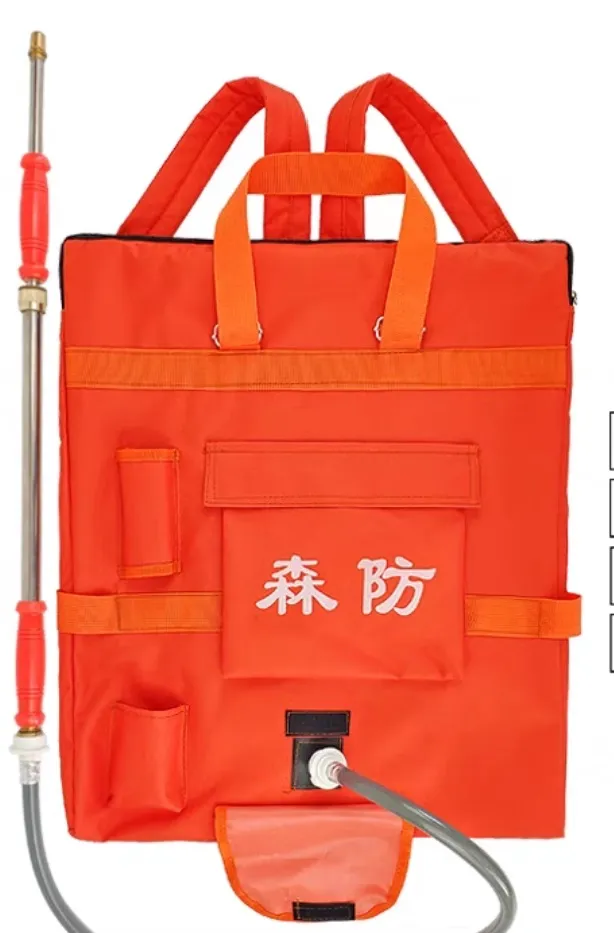
Process flow and quality checks
Materials: HDPE tank, brass/SS lance, Viton seals, reinforced hose. Methods: rotational molding, CNC-machined pump parts, ultrasonic welds on fittings. Testing: hydrostatic to ≈0.5 MPa, drop tests (filled) from ≈1 m, nozzle pattern verification at 2–3 m. Standards referenced: ISO 19932 for hand-sprayer safety/pressure; agencies often align use with NFPA wildland ops guidance. Service life: around 5–7 seasons with routine seal replacement; longer in light-duty municipal work.
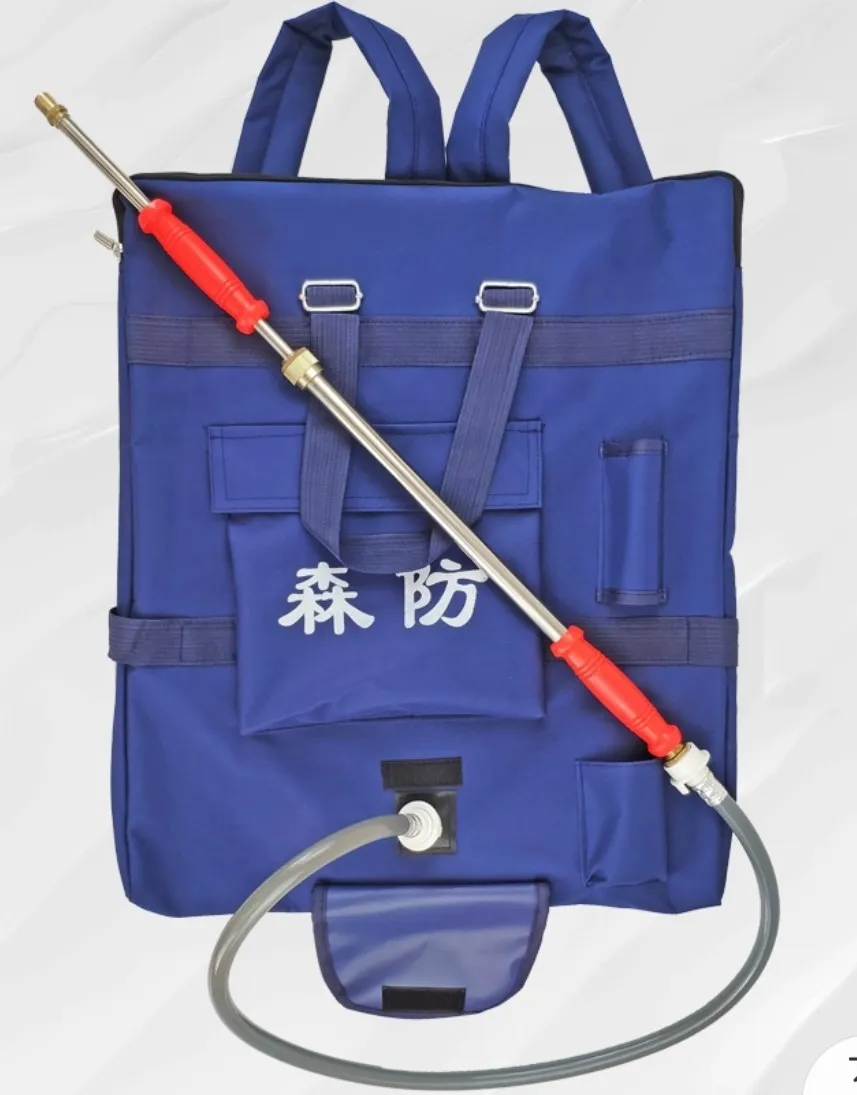
Vendor comparison (field buyer’s view)
| Feature | FFW Manual Backpack hand sprayer | Generic import | Premium brand |
|---|---|---|---|
| Spray reach | ≥10 m (tested) | 6–8 m (typical) | 10–12 m |
| Seals | Viton/FKM | NBR (varies) | Viton/FKM |
| Serviceability | Common O-rings; easy piston swap | Mixed; proprietary bolts | Excellent; at higher cost |
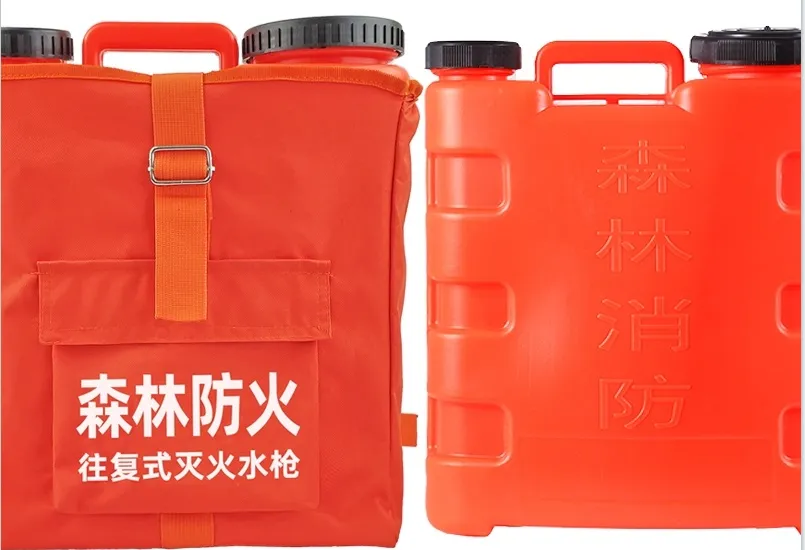
Customization and industries
Options typically include twin-nozzle kits, flame-resistant straps, quick-drain caps, and color coding for ops teams. Buyers span forestry, municipal green spaces, utilities, mining (hot spot control), logistics yards, and farms bordering woodland.
Mini case studies
- Hebei municipal parks: crews reported fewer refills due to the ≥16 L capacity; “less downtime between trees,” as one supervisor put it.
- Vineyard (Mediterranean): used the Manual Backpack hand sprayer for post-harvest burn pile control—liked the steady stream and easy nozzle swap to fan for ash cool-down.
Certifications and documentation
Typical buyer pack: factory ISO 9001 QMS certificate, material compliance statements, pressure test reports referencing ISO 19932 methods, and user instructions aligned with wildland operational guidance. Actual compliance needs vary by agency, so ask procurement early.
Authoritative references:
- ISO 19932-1/-2: Equipment for crop protection — Knapsack sprayers (design and test requirements). https://www.iso.org/standard/
- NFPA 1143: Standard for Wildland Fire Management. https://www.nfpa.org/
- NWCG: Wildland Fire Operational Guidance and mop-up practices. https://www.nwcg.gov/
- USDA Forest Service, Tech Tips — Backpack Pumps: Selection and Care. https://www.fs.usda.gov/eng/









